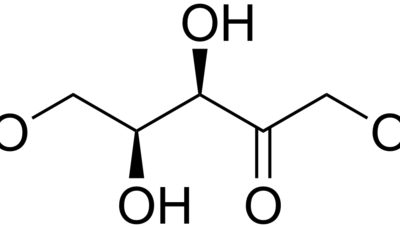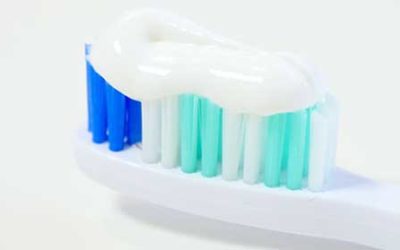Health conscious people recognize that sugar and artificial sweeteners present serious problems for your body. Over the years, artificial sweeteners have been linked to everything from neurological disorders to cancer, and more. While the results of these studies are often disputed, especially by the artificial sweetener industry, there is no doubt that many researchers and scientists are very concerned our health in regards to the types of sugars we consume.
You Want a Good Sweetener, but Where Should You Turn?
Many people are more than a little confused about which direction to turn when they need a healthy option to sweeten their food, when there are so many poor health results as a consequence. Sugar can wreak havoc with one’s blood sugar levels, causing blood glucose levels to rise sharply then fall. This is why you may feel out of energy not long after consuming sugary foods.
Xylitol doesn’t have this problem. In fact, one reason that people flock to the xylitol is that, unlike sugar, xylitol is actually a low-glycemic index food. This means that it is an excellent sweetener for diabetics.
What You Need to Know About Xylitol
Selecting a sweetener is actually a fairly easy process once you understand the benefits of xylitol. The xylitol sweetener option is a great one, as xylitol does not come with any of the potential drawbacks of sugar and artificial sweeteners.
Many people opt for artificial sweeteners, despite the risk, due to the fact that they are low in calories. Ironically enough, recent studies have shown that low calorie sweeteners may trigger changes in the body that promote weight gain. Xylitol is very low in calories and, unlike artificial sweeteners, has no known toxicity or side effects.
When it comes to finding an artificial sweetener that is safe and works, xylitol comes out on top. Xylitol is not just safe and tasty, but it also can replace sugar in almost any food. Once you’ve tried xylitol for yourself, you’ll know that this product makes an excellent sweetener.
Related Articles
What is Pentosuria and How Does it Relate to Xylitol?
What is pentosuria? It sounds a bit daunting doesn’t it? There’s not a lot of information out there about pentosuria, and it can often go overlooked or misdiagnosed. So we thought it would be good to take a quick minute and explain what...
Special Ed and ear infections? Why are they connected?
Ear...
Nasal Irrigation: Washing Away Your Ailments
Having functioning and healthy nasal and sinus passageways can make a world of difference in your daily life. People with allergies often feel wary of enjoying a beautiful day outside because being exposed to allergens such as pollen, dust, and...
Places You Should Substitute Xylitol Sweeteners for Sugar
People often want to find replacements for table sugar in their diets. But which areas are you able to replace sugar? Does xylitol bake as well? Cook as well? Will it dissolve in liquids just as easily? Well the answer to these is yes, yes and...
Xylitol Toothpaste vs Fluoride Toothpaste
Why would you add a sweetener to toothpaste? It might seem counter-intuitive if you aren’t aware of the dental benefits of xylitol. Here’s why we recommend using xylitol toothpaste vs. fluoride only toothpaste. The cavity causing (cariogenic)...
The Nose is a Nidus: A Source of Infection for Ears, Sinuses, and Lungs
What's a nidus? A nidus is defined as “a place in which bacteria have multiplied or may multiply; a focus of infection”. The way it is now the nose is a nidus–virtually all upper respiratory problems, both allergenic and infectious begin in the...











